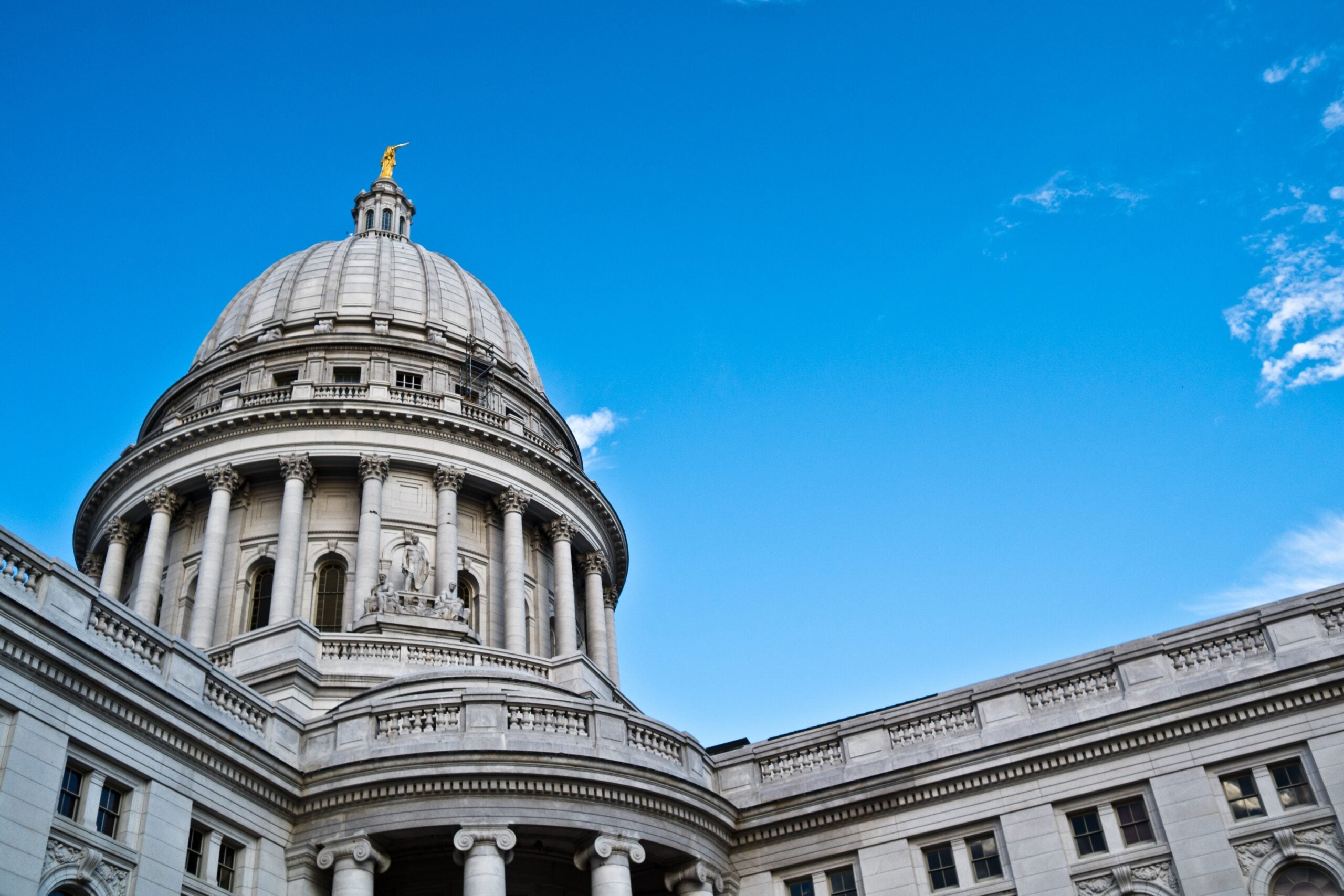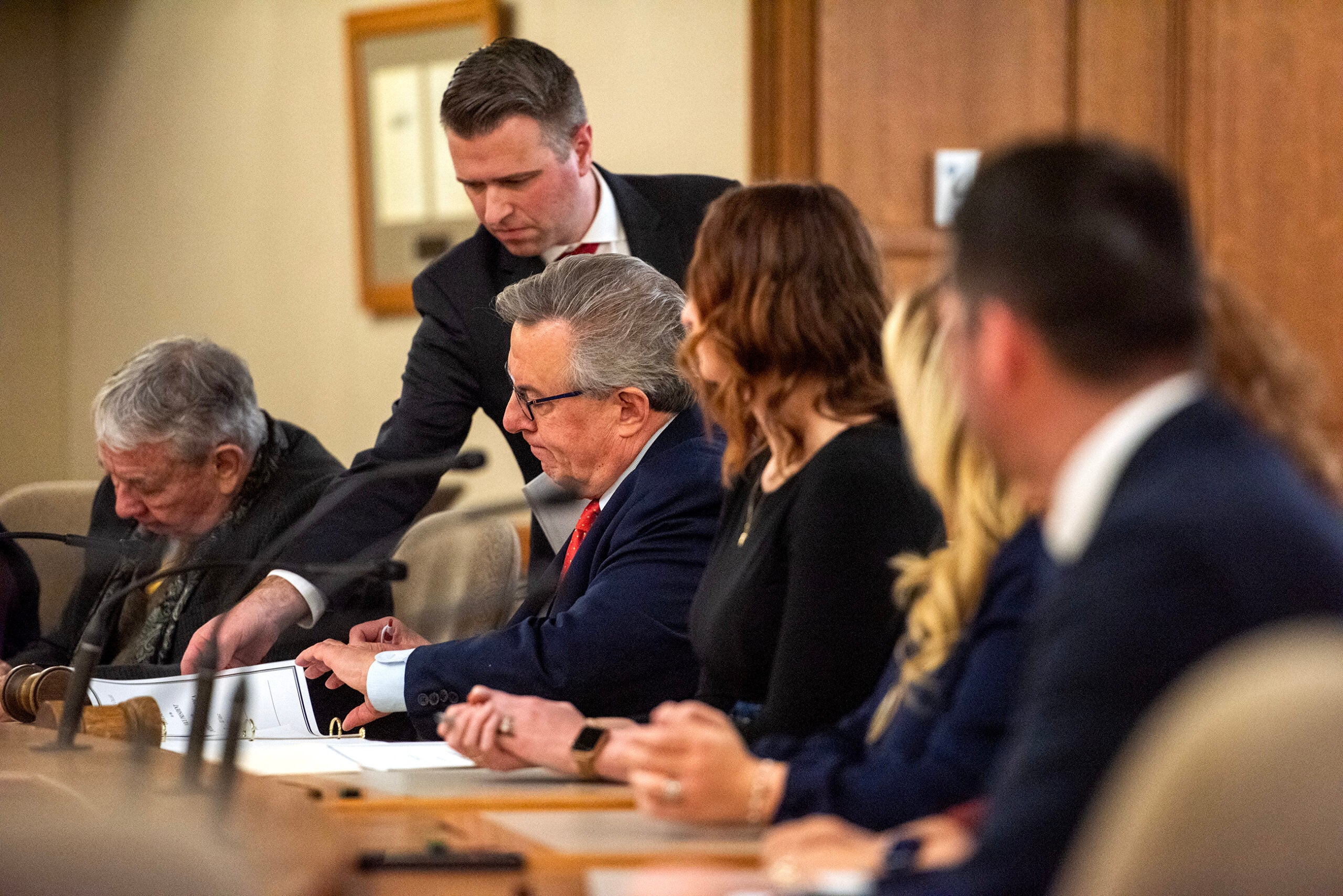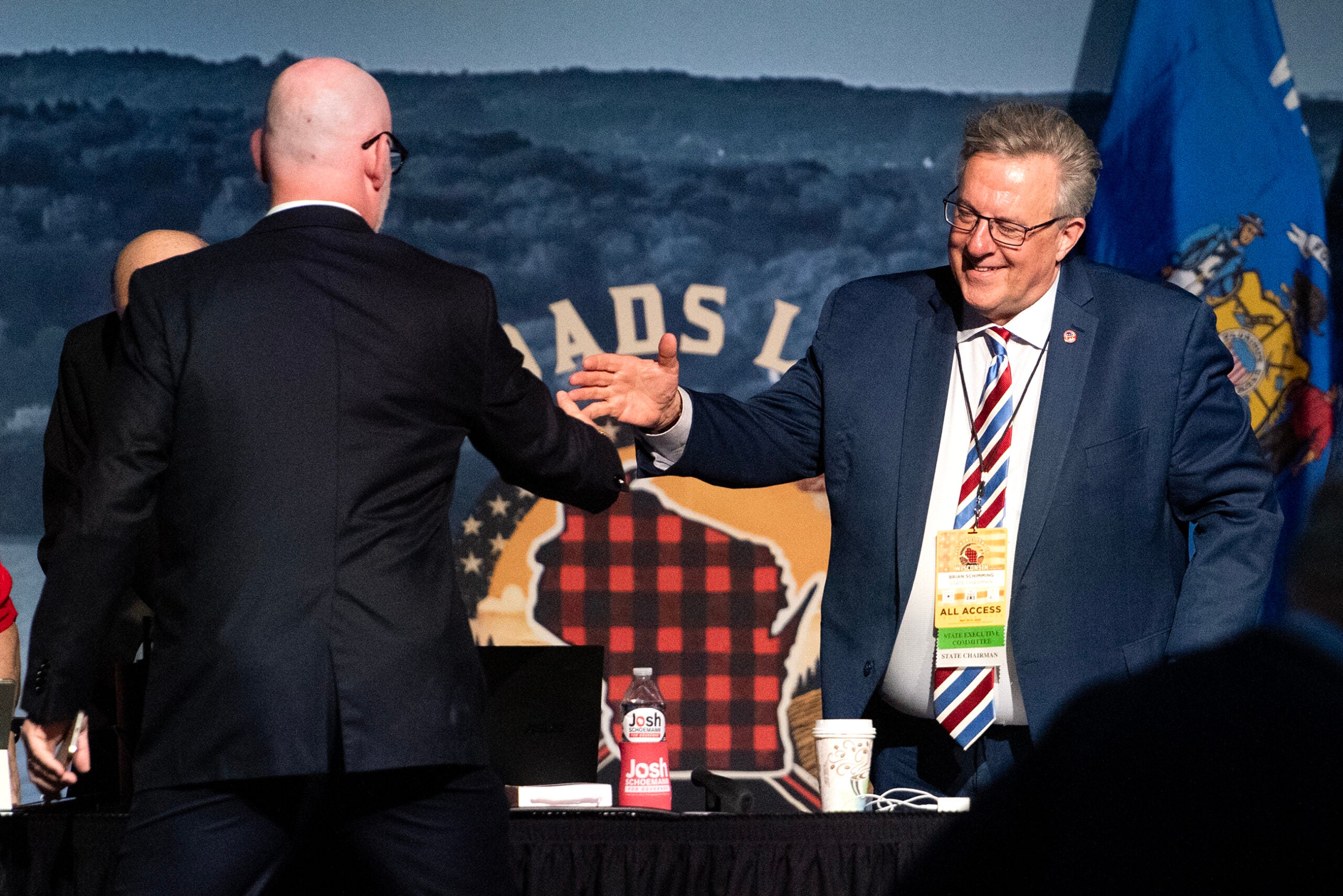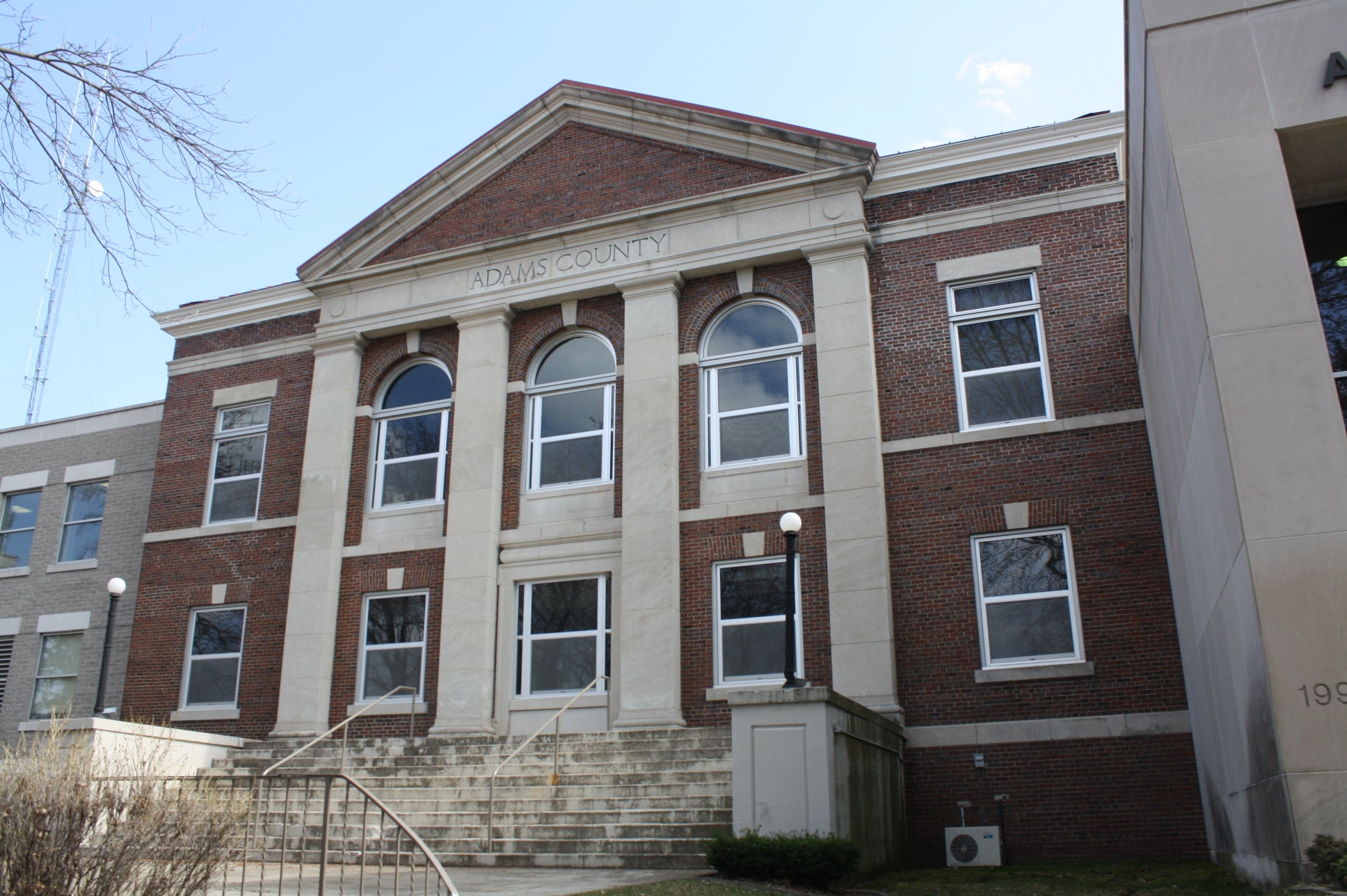Four years after voters defeated a proposed constitutional amendment that would have eliminated the Wisconsin state treasurer, Democrat Aaron Richardson and Republican John Leiber are competing in a low-profile campaign for the job.
Wisconsin’s current treasurer, Democrat Sarah Godlewski, decided not to seek a second term as she pursued an unsuccessful bid for the U.S. Senate.
While the treasurer’s office is as old as the state itself, it’s been stripped of many of its duties over the past few decades. Whether that should continue to be the case is one of the defining issues of this year’s campaign.
News with a little more humanity
WPR’s “Wisconsin Today” newsletter keeps you connected to the state you love without feeling overwhelmed. No paywall. No agenda. No corporate filter.
Here’s what you need to know about the race.
Who are the candidates?
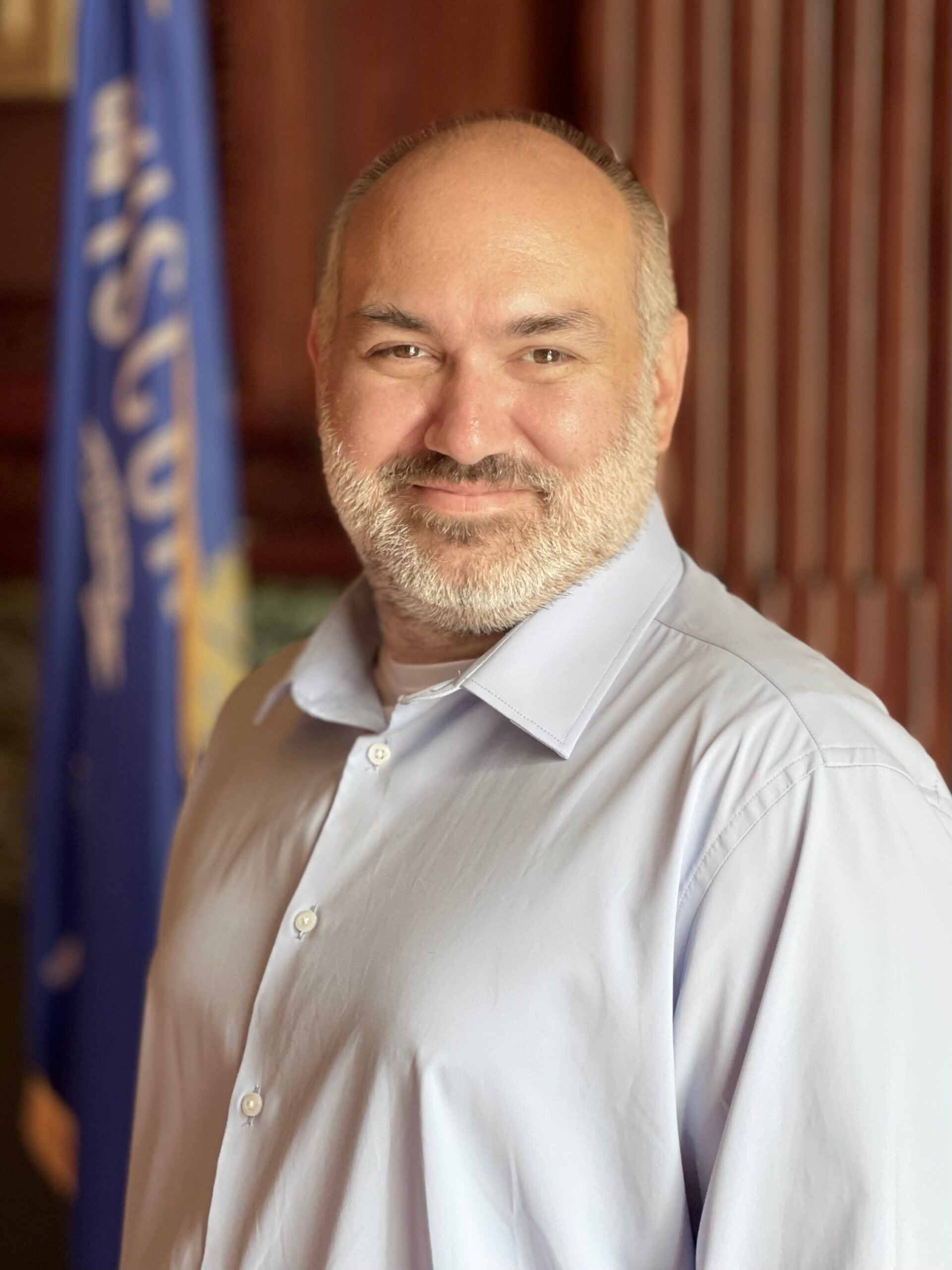
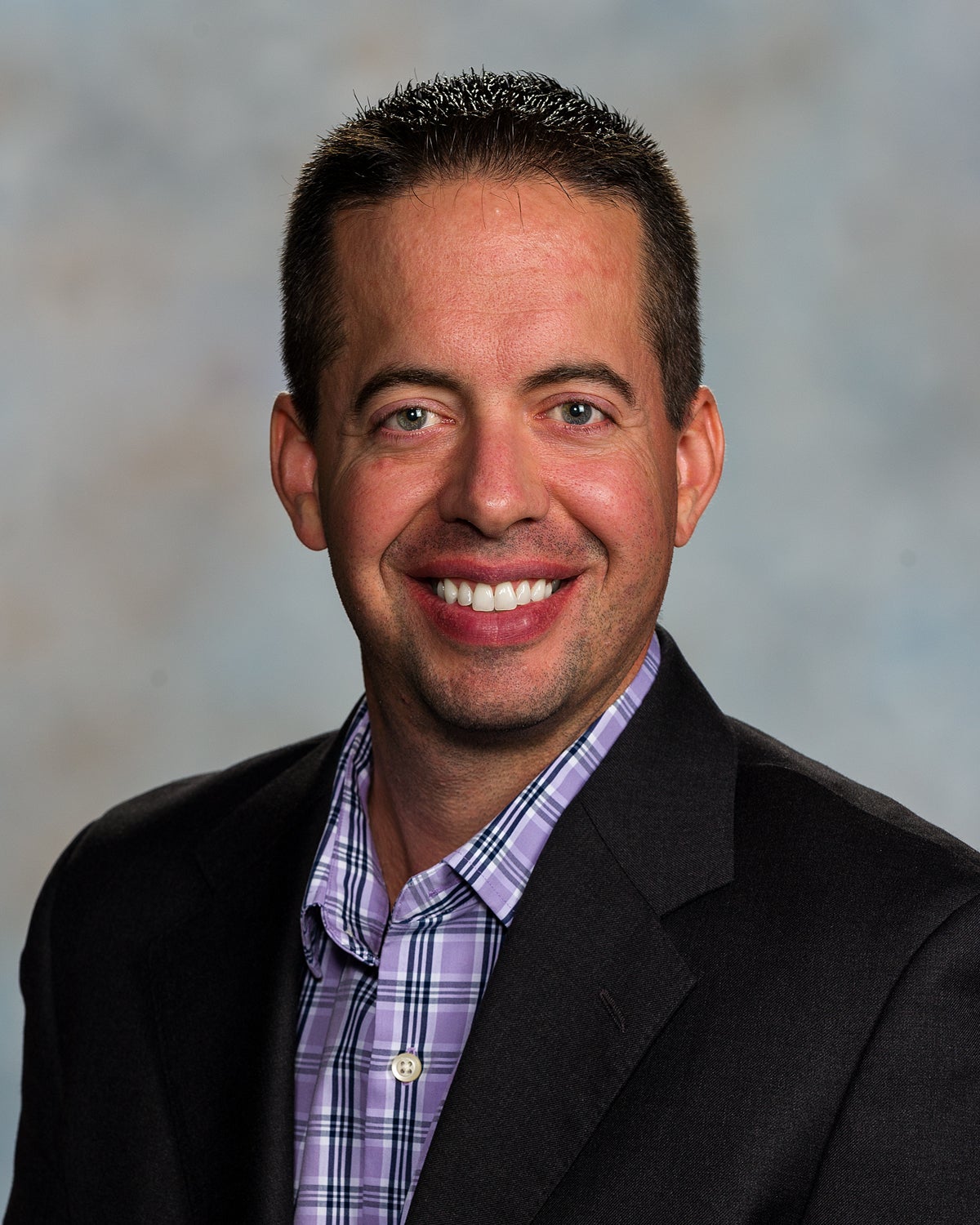
Leiber is a real estate attorney who hails from Racine, where he formerly served as housing authority commissioner and on local municipal boards. Earlier in his career, he worked as a legislative aide in the state Assembly before earning his law degree at the University of Wisconsin-Madison.
Richardson is currently the mayor of Fitchburg, where he previously served on the city council. He graduated with a business degree from UW-Green Bay and an MBA from UW-Whitewater. Richardson has worked in marketing roles at credit unions and insurance companies for 16 years.
In addition to their experience, the candidates mostly differ on their views of the scope of the treasurer’s office. Richardson wants to expand the office; Leiber does not.
Richardson said the office is only weak because Republicans have stripped it of its duties over the course of decades. He wants to change that.
“If that person doesn’t have any responsibilities with things like budget, and overseeing where money is spent, then are they really the Chief Financial Officer?” Richardson said.
Leiber has taken the opposite approach.
“I don’t want to waste money by expanding the treasurer’s office just so I can feel better about it,” Leiber said. “Or I can get somebody to, you know, get me coffee in the morning. That doesn’t help the citizens of Wisconsin.”
Richardson said he wants to continue Godlewski’s legacy if elected. Among the goals he hopes to accomplish are creating a “rent-to-own” program to assist first-time homeowners, improving financial literacy by working with credit unions and better promoting Wisconsin’s Unclaimed Property program.
Many of those steps would require support from the Legislature and governor, something Richardson concedes will be a challenge.
“There’s not a magic formula for that,” Richardson said. “I think it’s taking the long-term vision that Sarah Godlewski has laid out.”
Leiber said the treasurer doesn’t need more powers to be effective.
“A lot of the job, a lot of any elected office really, is more about the personal relationships you have and the influence you have not as an elected official, but as a person,” Leiber said.
Still, Leiber said he “wouldn’t run for this office if [he] didn’t believe that it actually had value.” And he said he thinks the duties of the office should be taken seriously.
“I’ve heard oftentimes people denigrate the responsibilities of the treasurer’s board duties,” he said, adding that the role entails research and preparation. “It’s more involved than some of the reports are made out to be.”
What does the state treasurer do?
The treasurer’s website proclaims the office “serves as the state’s fiscal watchdog, oversees investments and fosters economic security for the citizens of Wisconsin in a financially stable manner.”
But the office has just one full-time employee, and when it comes to the treasurer’s official duties, the list is short.
The treasurer serves as one of three members on the Board of Commissioners of Public Lands (BCPL), which manages a roughly $1.4 billion trust fund and 77,000 acres of public land according to the agency’s website. The BCPL is in charge of managing the lands and investing the proceeds into public school libraries among other public projects.
Richardson said the most important thing the treasurer does is provide money to school libraries throughout the state. He said he’d also bring an environmental perspective to the Board, pointing to his approval of a solar farm in Fitchburg as evidence.
“By doing that, I’m very proud to say that right now, about 40 percent of the energy we use as a city is already coming from renewable resources way ahead of our 2025 goal,” he said, which was 25 percent.
While he does not wish to take on additional responsibilities, Leiber said he wants to “take a more active role” with the BCPL.
He said his experience in estate planning would help him manage the bureau’s funds, stressing the importance of protecting state assets for the future. Leiber said the money made through the sale of state land “is not really going to be replenished in any reliable amount, so we have to make sure we don’t spend it away.”
Leiber supports a years-long effort to consolidate the parcels of forest state managed land that he said would save money and maximize investment income.
“The counties that have huge amounts of this land aren’t getting any tax benefit from the land, even though it’s generating income. So I’d like to make sure that these counties at least receive some benefit from the land,” Leiber said.
The treasurer is also responsible for promoting the state’s Unclaimed Property program, although the program is run by the Wisconsin Department of Revenue.
Richardson said he will use his marketing expertise to better promote the program and create an online option that would allow someone to donate money they are owed to charities.
Leiber said the treasurer is limited in what they can do with the program because there’s no funding attached to it.
“So there’s not really any sort of work that the treasurer can really do other than driving around in places and talking to groups about it,” Leiber said.
Other priorities
In addition to creating a “rent-to-own” program to promote homeownership, Richardson said he wants to promote financial literacy if elected treasurer. Richardson said a credit union in Dane County promised him if he is elected they will provide him with financial literacy materials that can be made available on the state treasurer website.
“I want to continue improving how valuable this office is. And I think that having someone that has not only the experience but the ideas on how to do that is incredibly important. And I’m that person,” he said.
Richardson criticized Leiber for not wanting to do more with the office.
“I think when you look at my opponent, he doesn’t want to increase responsibilities. He doesn’t really seem to have a lot of respect for this position,” Richardson said.
Leiber noted that the state Department of Financial Institutions already handles financial literacy, an example of why there’s no need “to duplicate jobs in the treasurer’s office.”
He took a swipe at Godlewski, saying the treasurer’s office shouldn’t be used as a stepping stone to run for higher office. Leiber said he does not have similar ambitions.
“My goal is to be the best treasurer I can be and focus on maximizing the income of the trust fund,” he said. “Every dollar we give out in aid to school districts is one less dollar that has to be put on their tax, on the property taxes.”
Wisconsin Public Radio, © Copyright 2026, Board of Regents of the University of Wisconsin System and Wisconsin Educational Communications Board.

